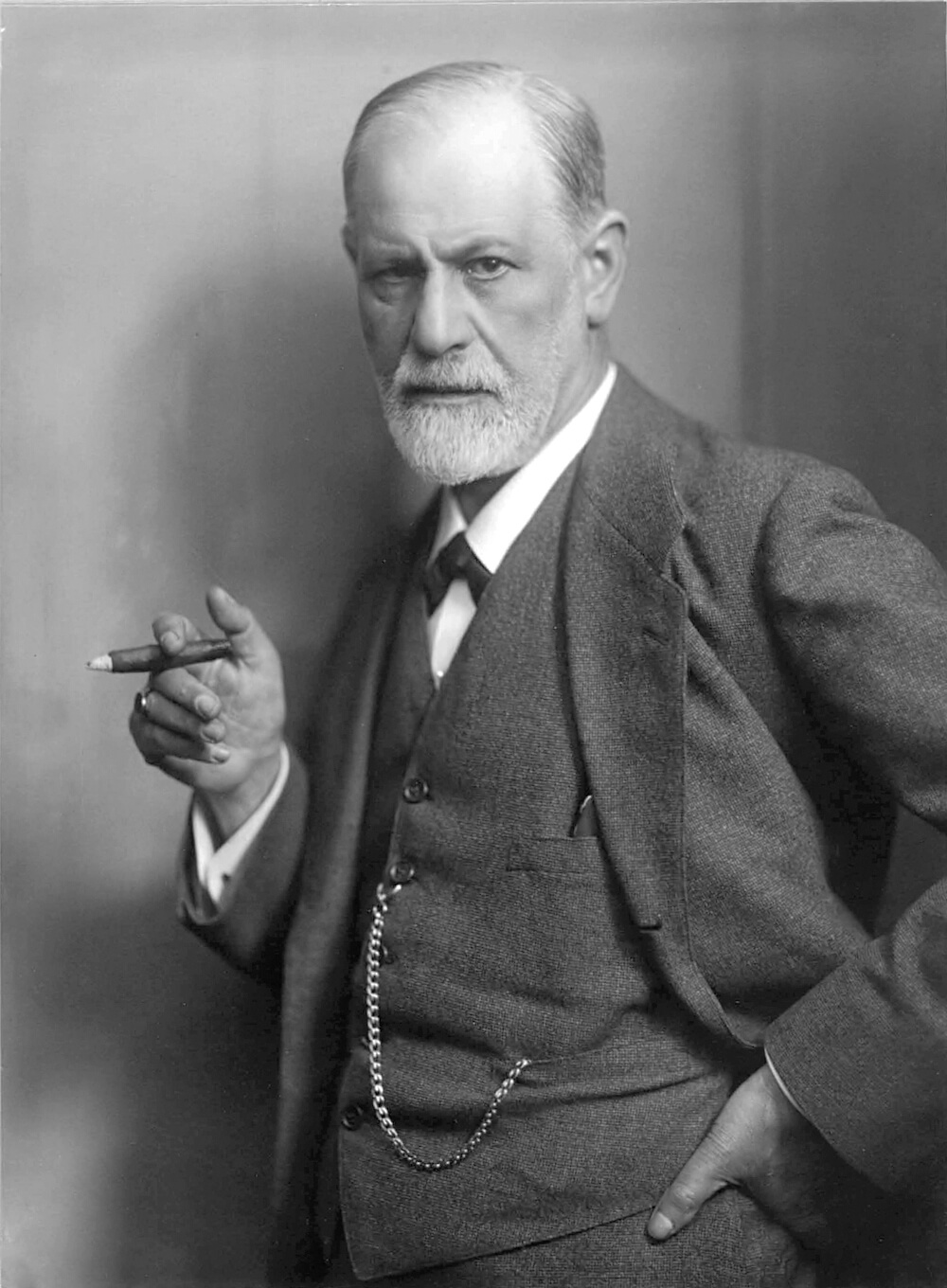Mental health guide: what types of care can I get?
Mental health is essential to our well-being. Various specialists can help with it: psychotherapists, psychiatrists, and neurologists. Let’s learn the difference.

When to get help
Everybody has days when they are exhausted physically. But what to do if the exhaustion comes from a different source?
Sometimes anxiety or fear grips us and makes it harder to go on with daily life and work. Sometimes we procrastinate, unable to force ourselves to do anything. Sometimes mood swings feel like a rollercoaster ride.
A person suffering from mental health problems or illnesses can feel that they’re alone in this. But they certainly aren’t. And this is not something that started happening to people only recently.
One of the oldest accounts of a mental health problem dates back to the Ebers Papyrus—an ancient Egyptian medical document. The papyrus was created 1500 BCE but probably copied from earlier texts.

It included a description of emotional distress that affected a person’s behavior and ability to concentrate. In a modern interpretation, it can be diagnosed as melancholy or depression.
Luckily, we have come a long way in treating these conditions. Today, a person can go to a wide variety of professionals to get different kinds of help. Let’s look at such a person.

This is Alex. While on the outside it may seem that this person is smiling, they are not feeling very well. For instance, Alex might have anxiety when thinking about upcoming exams or a project at work. Alex might be afraid of going to a party and meeting new people. Also, Alex can have trouble falling asleep and waking up.
As a result, Alex begins to lose their sense of self-worth. Their self-esteem is going down, and their behavior at work and in private life changes.
Let’s follow Alex on a journey to seek professional help and recover their mental health. Luckily for them, there are many options. Mental health is emotional, psychological, and social well-being. It is as important as physical health.
What does “mental health” even mean?
The World Health Organization defines “mental health” as the condition “in which an individual realizes their own abilities, can cope with the normal stresses of life, can work productively and is able to make a contribution to community.”
Mental health affects the way we think, feel, and behave. It is not something that always stays the same: it can improve or deteriorate through the years, from childhood to adulthood and further.
There are several reasons why mental health suffers:
- biological factors like brain chemistry or nervous system errors
- life experience that can be traumatic or abusive
- family history of mental health problems (some of them can be inherited)
In recent years, we began to realize that mental health problems are quite common. Fortunately, they can be treated: partially or even fully.
There are various warning signs or symptoms that help detect problems with mental health, for example:
- having low or no energy for a long time
- eating or sleeping too much or too little
- feeling numb, confused, helpless, or hopeless
- having annoying and repeatable thoughts or memories
- feeling angry, yelling at, or fighting with the close ones
- thinking of harming yourself or others, hearing voices, or believing things that are not true
- being unable to perform daily routine tasks like making a bed or going to work
Going through this checklist, our friend Alex has noticed some of these signs and decided to get help. There are several options.
They can see a psychotherapist who will use a range of techniques to help Alex overcome the troubles, gain insight into their condition, and grow personally.
They can visit a psychiatrist who will investigate their brain imaging, blood testing, and physical state as a medical doctor.
Also, they can sign in for the neurologist who is trained to deal with the disorders of the nervous system.
There are many approaches to treating mental health issues, disorders, or mild emotional discomfort. All of them have different nuances and are better suited to deal with certain states and conditions. Usually, all these specialists work as a team to achieve the most effective result.

The main goal of psychotherapists, psychiatrists, and neurologists is to make a person healthy and happy. But who should Alex choose first?
Let’s dive into different spheres connected to mental health and find out the differences in approaches, training, and methods.
Psychology schools: four ways to approach our psyche
Anticipating their visit to a psychologist, Alex most likely imagines a bearded man in a chair, smoking a cigar and asking questions about Alex’s weird dreams, childhood memories, and relationship with parents.

That’s because Sigmund Freud was a pioneer of psychoanalysis, one of the first doctors who treated mental conditions through a dialogue with the patient. But in a hundred years, this approach has evolved considerably.
A classically trained psychologist would most likely belong to one of the four major schools (also called orientations):
- psychodynamic
- existential-humanistic
- behavioral
- cognitive
Each school has a unique approach to the human psyche and different instruments that help to achieve well-being, overcome troubles and fears.
Moreover, each school is better suited for specific cases.
The psychodynamic school closely follows Freud’s methods. Freud believed that people do not truly understand themselves nor their own inner motives—so psychoanalysis should let out their repressed feelings, memories, and unconscious thoughts.
Mental blocks keep traumatic events of the past away from our conscious selves so that we do not become overly anxious. Examining the associations Alex’s brain makes, a psychoanalyst would offer an interpretation of their mental resistance and provoke insight.
